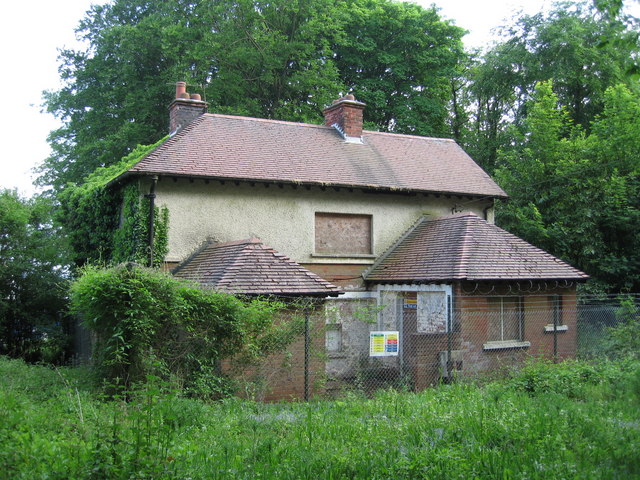
A property can become vacant for many reasons, but investment properties are additionally vulnerable to being vacant for long periods of time.
Even when there’s intention to use the property, perhaps by letting or converting to an HMO, when it’s temporarily vacant it’s just as important to secure the property – as a means of securing both its structure and your investment.
Reasons for vacancies
Despite the UK media’s sweeping ‘buy to leave’ label on vacant investment property (Telegraph, 2017), there are plenty of reasons why an investment property might be temporarily vacant. For instance, when the property’s:
● For combined investment / accommodation use, such as a second home or pied-a-terre.
● A holiday home, let out seasonally.
● For letting, and is vacant between lets.
● Part of a property development portfolio, undergoing general repairs and renovation before re-letting or selling.
● Undergoing major conversion which requires planning, such as residential or commercial conversion into HMO.
But in any such situations, leaving the property unsecured may lead to structural, social and legal problems.
Reasons for concern
Because leaving a property vacant and unsecured can be a risky proposition – however prestigious the neighbourhood – after all, in 2017, squatters were evicted from a £15m mansion in London’s Belgravia (The Guardian). Yet this high-profile incident is just one of many. In the House of Commons Briefing Paper, Evicting Squatters, the UK’s Ministry of Justice estimate that ‘around 20,000 people are squatting at any one time.’
And all they need to get started is an unoccupied, accessible property.
Trespass and squatting in a residential property are criminal offences, and ones which may increase the risk other criminal acts such as:
● Theft and vandalism, through stripping the building of its valuable materials;
● Fly-tipping and arson;
● Anti-social and illicit behaviour.
And there’s a specific word of warning here. Unsecured vacant property which becomes a hub for anti-social behaviour in the community could see the owner liable if a member of the public is hurt. But that’s not the only problem: if a trespasser successfully gains access to an unsecured property and then injures themselves, they too could sue the owner, under the 1984 Occupiers’ Liability Act.
Securing your investment
According to Michael Knibbs of SafeSite Security Solutions, there are many ways to temporarily secure properties which are going to be vacant for a short time. Methods which are low-impact in terms of the property itself, but high-impact for security include:
● Securing access points and windows with solid steel screens. These provide a visible deterrent and can be fitted with anti-tamper fixings which cause minimal damage to the property itself.
● Where the property is undergoing renovation, Sitex screens offer an alternative which allows natural light into the property for surveys, inspections and work to take place, but still keeps access points secure.
● Monitored CCTV, so that prompt action can be taken in the event of intrusion or problems such as extreme weather damage.
Security products can often be hired from companies such as SafeSite Security Solutions, providing the ideal solution when vacancy is temporary.

